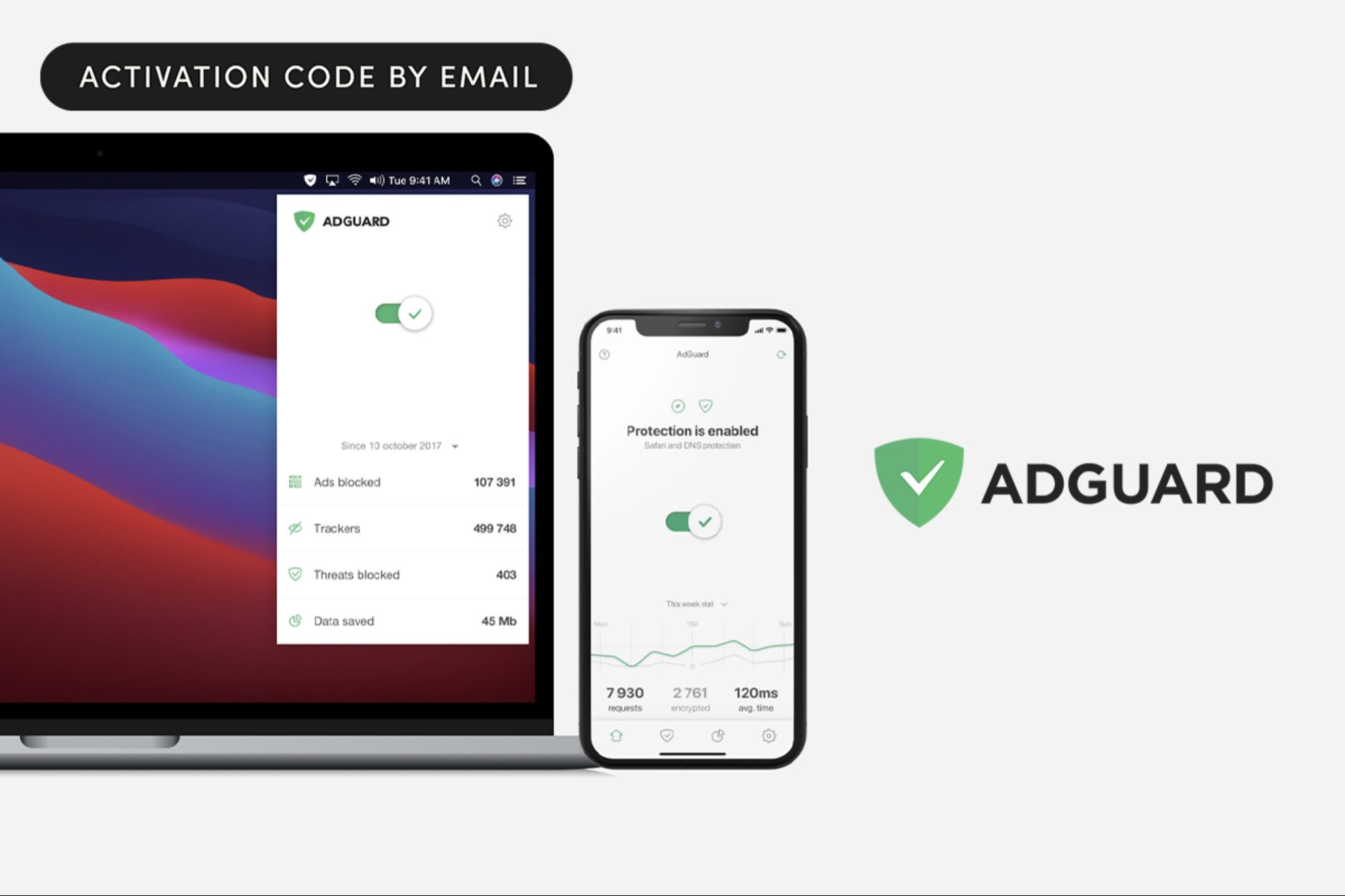Starbucks Seeking New Sources for Water Bottled in Drought-Stricken California Ethos Water has a noble mission of funding water and sanitation programs in other countries, but its source is reportedly water-deprived California.
By Kate Taylor
Opinions expressed by BIZ Experiences contributors are their own.

Bottling water from an area experiencing a severe drought is wrong. Justifying doing so in the name of bringing water to other water-deprived communities doesn't make it any better.
Starbucks came under fire after Mother Jones reported that Ethos Water, the bottled water owned by and sold at the coffee chain, had a plant that was bottling water drawn in an "exceptional drought" territory in Merced, California. The company uses a private spring, free of charge; in California most water companies are not required to pay for the groundwater they bottle.
Meanwhile, businesses and residents in the area are facing "unprecedented drought restrictions" that target watering lawns, filling pools, washing cars and serving water in restaurants.
Related: Starbucks Reports Increased Traffic and Sales Thanks to...Tea
In response to the criticism, Starbucks is seeking new sources for Ethos Water.
"In support of California Governor Brown's Executive Order to conserve water, Starbucks has reduced its water usage by 23 percent, and we are now looking at alternative sourcing solutions for Ethos water outside of the state while still meeting our commitment to those in need in the developing world," a Starbucks spokesperson told BIZ Experiences.
Ethos Water's stated mission is to raise awareness of the world water crisis. The company, which was acquired by Starbucks in 2005, directs five cents from every $1.95 bottle sold toward the Ethos Water Fund, which supports water, sanitation and hygiene education programs in countries including Tanzania, Indonesia and Colombia.
Related: 10 Starbucks Frappuccinos You Can't Buy in America
Bottling water from water-stressed areas in the U.S. ignores the effects droughts have on residents that can be much more severe than dealing with brown lawns. People reliant on wells and groundwater – common in some parts of California – can have a difficult time getting non-contaminated water necessary for their basic needs, especially if living in poverty. Increasing food costs due to drought quickly inflates grocery bills, driving many to food banks.
Protesters have attacked companies such as Nestlé for bottling water during the drought. Previously, both Nestlé and Starbucks have maintained that their business practices are completely legal.
Related: Why the Starbucks 'Race Together' Campaign Is Bad for Business











